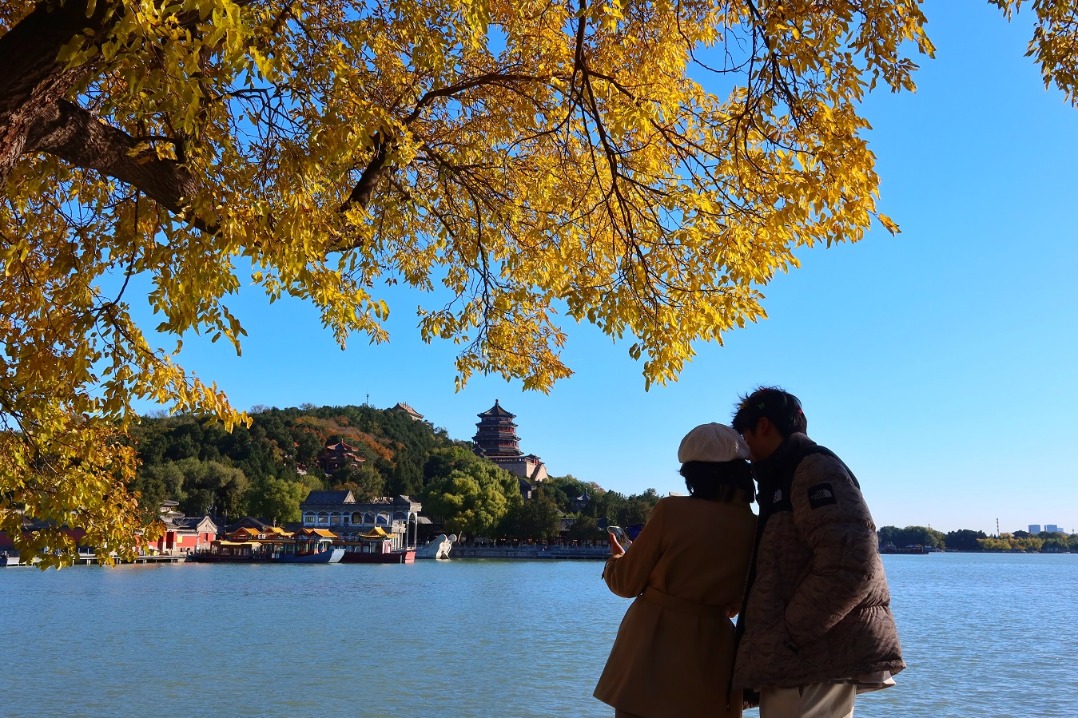Taiwan and mainland united by goddess Mazu, common ancestral roots


From the shared belief in Mazu to the common ancestral roots on the mainland, Taiwan compatriots tracing their lineage to Fujian province said that people on both sides of the Taiwan Strait are one family and call for closer cross-Strait exchanges.
Fujian province on the eastern Chinese mainland, separated from Taiwan by only a narrow strait, is the closest mainland province to the island. About 80 percent of Taiwan compatriots could trace their ancestry to Fujian.
"We speak the same dialect and worship the same goddess, which shows that we share the same roots and are one family," said Lin Ming-cong, head of the association of relatives of patriots in Taiwan who fought against Japanese occupation. Lin's family, originally from Pinghe county in Zhangzhou, Fujian province, crossed the Strait to Taiwan during the Qing Dynasty (1644-1911) and later flourished there.
In Taiwan, a number of groups have been established to bring together people who identify themselves as descendants of Fujian, offering mutual support and fostering connections among so-called clan relatives in both Taiwan and the mainland.
- Taiwan and mainland united by goddess Mazu, common ancestral roots
- Top court seeks to ensure quality of construction projects
- Shanghai Disney Resort reaches 100 million visitors
- Xinjiang's desert poplar forests shine with autumn tourism
- China's northernmost city welcomes first visitors with extended ski season
- Tianshan: A Story of Canals inspires youth to aid Xinjiang





































